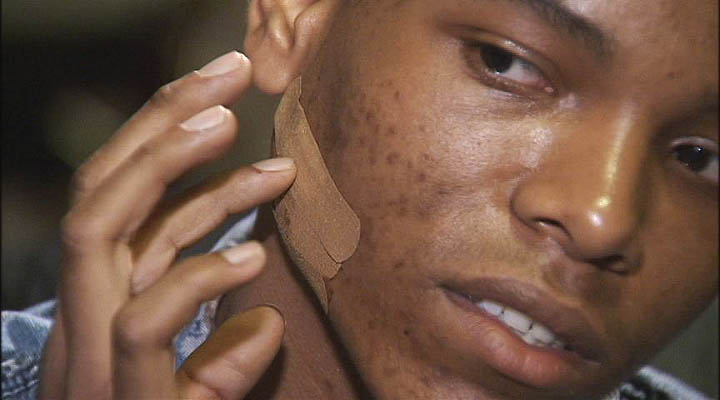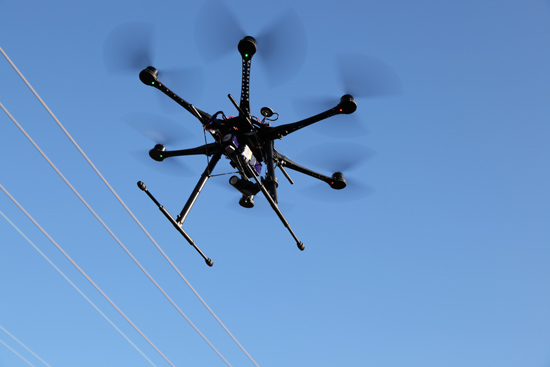
At around 9:50 p.m. on April 3rd, 2013, a report was made of a strong-arm robbery on 10th and Clay Streets in downtown Oakland. The initial description made in the report was of three black men in their mid-twenties, riding on bicycles and all armed with a knife.
Police claim a witness brought responding officers to several teenagers they thought were the suspects. The witness told police that the teens were in the midst of committing a robbery just down the block. The teens claim that they were simply talking to girls and hanging out.
Police approached the teenagers and despite the difference in age description, and the fact that they didn’t have any bikes, detained them under suspicion of being the robbers.
Within two minutes of arriving on the scene, an officer drew his weapon and fired a single shot at one of the teenager’s faces. The bullet grazed the sixteen-year-old’s jaw and cheek, but his injuries were not life-threatening.
According to the Oakland Police Department (OPD), no one had to get shot in this case and police have now determined that the teenagers were not involved in the robbery. However, a gun is more often used when drawn then it ever could be when holstered. This shooting is a reminder that calling the police can have a deadly impact. Both the witness and OPD have blood on their hands in this incident.


